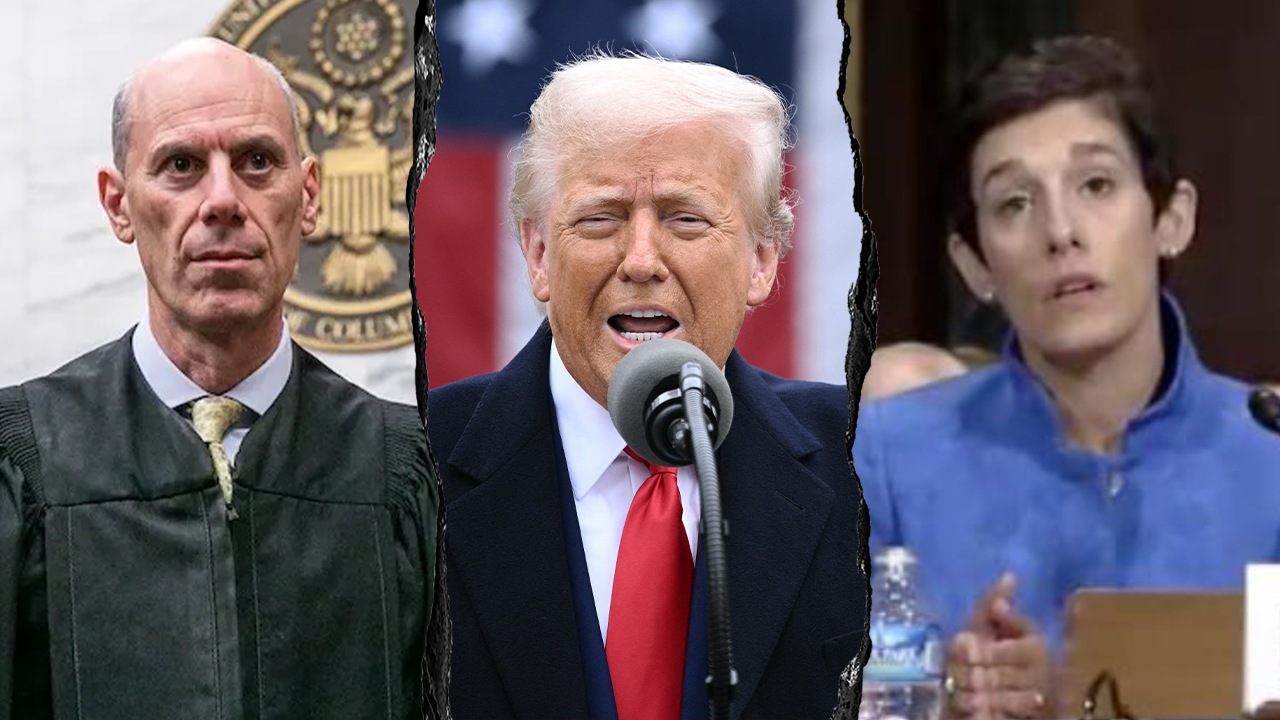Federal judges consider contempt charges as Trump defends aggressive immigration policies

A second U.S. judge has reprimanded the Trump administration for failing to provide information in an ongoing deportation case, leading to the possibility that some officials could be held in contempt of court. U.S. District Judge Paula Xinis of Maryland criticized Trump officials for submitting inadequate responses to the court’s requests for information in a case involving the deportation of Kilmar Armando Abrego Garcia. She accused officials of being evasive and incomplete in their responses, demonstrating a willful and bad faith refusal to comply with discovery obligations.
This is not the first time that a federal judge has raised the threat of holding the Trump administration in contempt for failing to follow court orders. Just 15 miles away, in Washington, D.C., another judge had already issued a similar warning. The issue at hand in both cases is President Donald Trump’s use of the Alien Enemies Act, a wartime immigration law that the administration invoked to deport certain individuals to El Salvador.
Following Trump’s proclamation in March that he would use the law to deport certain migrants, more than 260 individuals were sent to El Salvador to be detained in the country’s maximum-security prison. This sparked a series of court proceedings, appeals, and emergency orders as judges across the country assessed the administration’s use of the wartime law.
However, Trump’s lawyers have been reluctant to share certain information with the courts, leading to frustration from federal judges who accused them of acting in bad faith. Judge Xinis criticized the administration for refusing to respond to interrogatories and failing to comply with her order to return Abrego Garcia, a Maryland man wrongfully deported to El Salvador. The Supreme Court upheld her ruling and clarified that the government must facilitate his release.
In a related case, U.S. District Judge James Boasberg found probable cause to hold Trump administration officials in criminal contempt for defying his order to return deportation flights to El Salvador. Boasberg accused the government of willful disregard for court directives and warned officials that they may be required to testify under oath.
The appeals court temporarily paused Boasberg’s contempt proceedings, requesting further briefing from the Justice Department and ACLU attorneys. The next steps in these cases remain uncertain, as Trump officials have criticized the judges for obstructing the administration’s immigration agenda.
Despite these legal battles, the Supreme Court ruled that the administration can continue using the Alien Enemies Act to deport migrants with due process protections. Federal judges in New York and Texas also temporarily blocked the use of the Act in specific cases.
The White House has not yet responded to requests for comment on the Abrego Garcia case or the possibility of contempt proceedings. The ongoing legal battles highlight the challenges faced by the Trump administration as it seeks to enforce its border security priorities.




